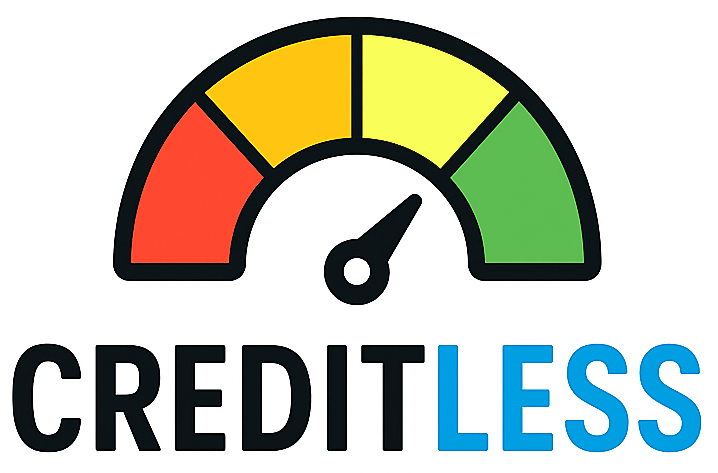Introduction: The attraction and the risk
Credit card sign-up bonuses—big points, statement credits, or Airmiles—can feel like free money. They’re effective marketing, and many consumers responsibly earn a bonus and move on. But the behaviors and account changes some people use to chase bonuses (multiple applications, meeting high minimum-spend targets quickly, closing or churning cards) can create measurable credit risk if not handled carefully. This article explains the common ways bonuses can backfire and gives practical strategies to earn rewards while protecting your credit health.
How sign-up bonuses can harm your credit
1. Hard inquiries from multiple applications
Each credit card application typically triggers a hard inquiry. For most people, a single hard inquiry reduces a FICO score by only a few points, but multiple recent inquiries are treated as a warning sign by lenders and can have a larger impact—especially for consumers with limited credit histories. Hard inquiries remain on your credit report for up to two years and can influence scoring models for roughly 12 months. Plan applications and avoid clustering unrelated credit applications outside typical “rate-shopping” contexts.
2. Overspending to meet minimum-spend requirements
Many sign-up bonuses require large spending in a short window. Rushing to meet those thresholds risks carrying balances, increasing interest charges, and raising revolving utilization—one of the biggest drivers of score movement. Even if you pay in full after the bonus posts, carrying higher balances during the statement period can raise reported utilization and temporarily lower scores.
3. Account churn, closures and average account age
“Churning” (opening, using, then closing cards to repeatedly earn bonuses) can reduce your total available credit and shorten the average age of your accounts—both of which can lower your score. Closed accounts in good standing still appear on credit reports for up to 10 years, but opening and closing accounts changes the mix and readily available credit that scoring models evaluate. If you plan to cancel a card after a bonus, consider the impact on utilization and account age first.
4. Inactivity and issuer-initiated closures
If you keep a card open but don’t use it, issuers may close it for inactivity, which again can remove available credit and raise utilization or reduce your credit age. Some issuers close dormant accounts after months of inactivity and won’t always warn you in advance. Use cards periodically or set a small recurring charge to avoid unexpected closures.
How to earn bonuses without sabotaging your credit
With planning, you can capture sign-up bonuses while minimizing credit harm. Below are practical, actionable steps:
- Space out applications: Apply only when you have a clear reason and leave several months between new-credit requests; this reduces the chance of multiple hard inquiries affecting your score.
- Plan spend to avoid revolving balances: Use planned purchases you would make anyway, shift recurring bills to the new card, and pay the statement balance in full before the due date so interest doesn’t negate the bonus value.
- Prefer downgrades over closures: If a rewards card’s ongoing fee isn’t worth it after the first year, ask the issuer to downgrade to a no-fee product rather than close the account—this preserves available credit and history in many cases.
- Request credit-line increases strategically: Raising limits on existing cards can lower utilization; be aware a request may trigger a hard inquiry, so weigh that trade-off. If you can request a limit increase without a hard pull, that’s usually the best route.
- Use small recurring charges to prevent inactivity closures: Set an automatic subscription or small bill to the card and pay it off each month to keep the account active without driving utilization.
- Track bonus rules and timelines: Calendar spend windows and retention requirements so you meet terms without overspending or opening extra accounts. Read the fine print about whether rewards are forfeited if you close the account soon after receiving them.
A short decision checklist
- Will this application meaningfully improve your financial flexibility (credit line, travel benefits) beyond the bonus?
- Can you meet the spending requirement using regular expenses without carrying a balance?
- If you plan to close the card after the bonus, what is the expected effect on your utilization and average account age?
- Are there no-fee downgrade options to keep the line open?
Conclusion: Rewards are valuable—when used with discipline
Sign-up bonuses can be a smart way to get extra value from credit cards, but the short-term game many people play to maximize bonuses can create real credit consequences: small drops from hard inquiries, temporary hits from higher utilization, and longer-term effects from account churn. Adopt a disciplined plan—space applications, avoid carrying balances, prefer downgrades over closures, and keep key cards active—to enjoy rewards without sacrificing access to credit. If you’re unsure how a planned application or closure will affect you, review your credit reports and scores first or consult a trusted credit counselor.
For quick reference, reputable resources on inquiries, account closures and utilization include myFICO, TransUnion, NerdWallet, LendingTree and consumer finance outlets that regularly analyze issuer policies and scoring guidance.
